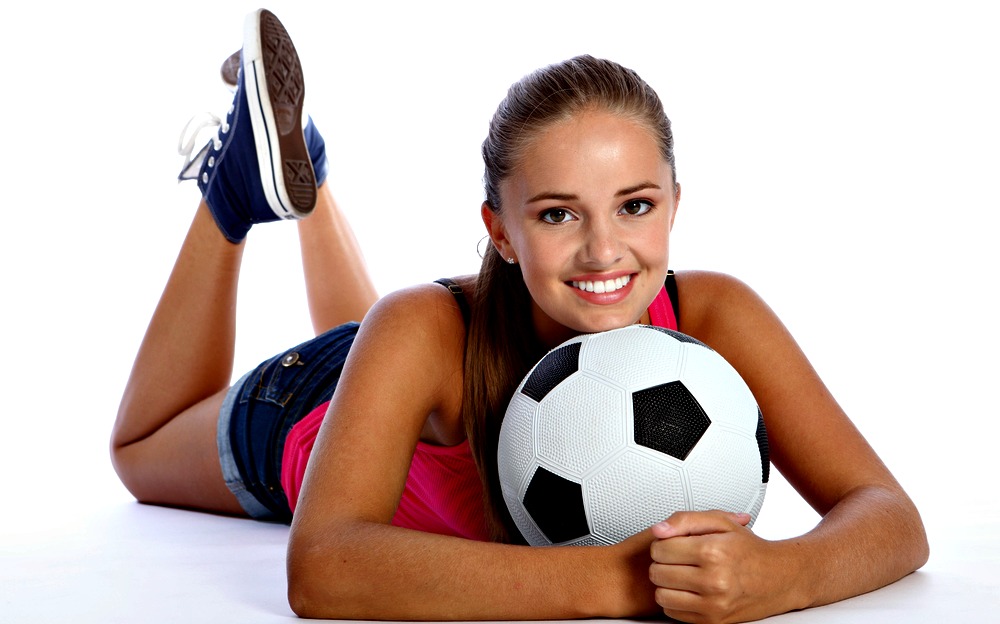Navigating Puberty For Athletes – The Experts’ Advice.
We recently posted an article about the surprising ways puberty can affect an athlete. You can read it here.
Injuries, concussions, change in attitude, decreased coordination and speed are just some of the examples we discussed in that post. So how do you help your child navigate through such a potentially difficult time?
We went to the experts for their advice.
As a pediatrician who sees tweens and younger teens on a regular basis, these are all issues that come up daily. One thing to always keep in mind and something I say many times throughout the day is while everyone goes through puberty, not everyone goes through it at the same age. This can sometimes be discouraging to the “late bloomer” who happens to be six inches shorter than many of his or her teammates. And while it’s obviously important to make sure you follow up with your child’s physician to confirm there aren’t any underlying medical reason for being the “later bloomer,” reassurance that the growth will come with getting good sleep, eating healthy, and maintaining good daily physical activity is key. Also, when it comes to playing through the pain or an injury, there is never a reason to do so … particularly at this age. At a time when the young athlete is growing, long-term issues can easily follow if you try to play through the pain.
As a mother and coach of adolescent girls I have seen first hand the transformation that takes place during this period. The changes aren’t always obvious and it is important to note that puberty can affect each individual differently. It is to your benefit as a parent or coach to be cognizant of what these young athletes are experiencing and be understanding of the possible outcomes. Often young athletes don’t always know how to articulate what they are experiencing or sometimes are embarrassed by it. Self-esteem is important to keep tabs on and positive reinforcement can go a long way. Patience truly is a virtue and it couldn’t be more evident than during this phase, for athlete, parent, and coach.
One thing I find in my practice is that many athletes in puberty are dealing with “growing pains” and do not know how to handle this type of pain. This is a great time to teach athletes the difference between pushing your body too hard and pushing to overcome some discomfort. Everyone is different, so they have to learn self-awareness in regard to their body and mind.
The social aspect of this age is particularly critical, as many parents and coaches will see their hard-working son or daughter shift all their focus to team drama. Club teams who have never had issues in the past will become divided and cliques begin to form. This is typically when a sport psychology consultant is brought in. At this point, we work with the athletes to develop healthy communication strategies both in and out of their sport. They may not be best friends after practice, but they need to work together to accomplish a desired goal (e.g., win the championship).
The combination of hormones, growth, and social pressures can lead to a decline in confidence. This is a perfect time to teach an athlete to focus on small, measurable goals that are achievable. Their bodies and minds are changing and it is critical that they learn to focus on the process of reaching a goal, rather than just the outcome. The small goals are what lead to building confidence in adolescents. Also, the way that an athlete talks to himself or herself at this age changes. It becomes more socially focused rather than ego-centric, which can sometimes lead to critical self-talk. Working with athletes at this age to develop healthy self-talk habits is critical in preventing dropout from sport and reduced confidence.
